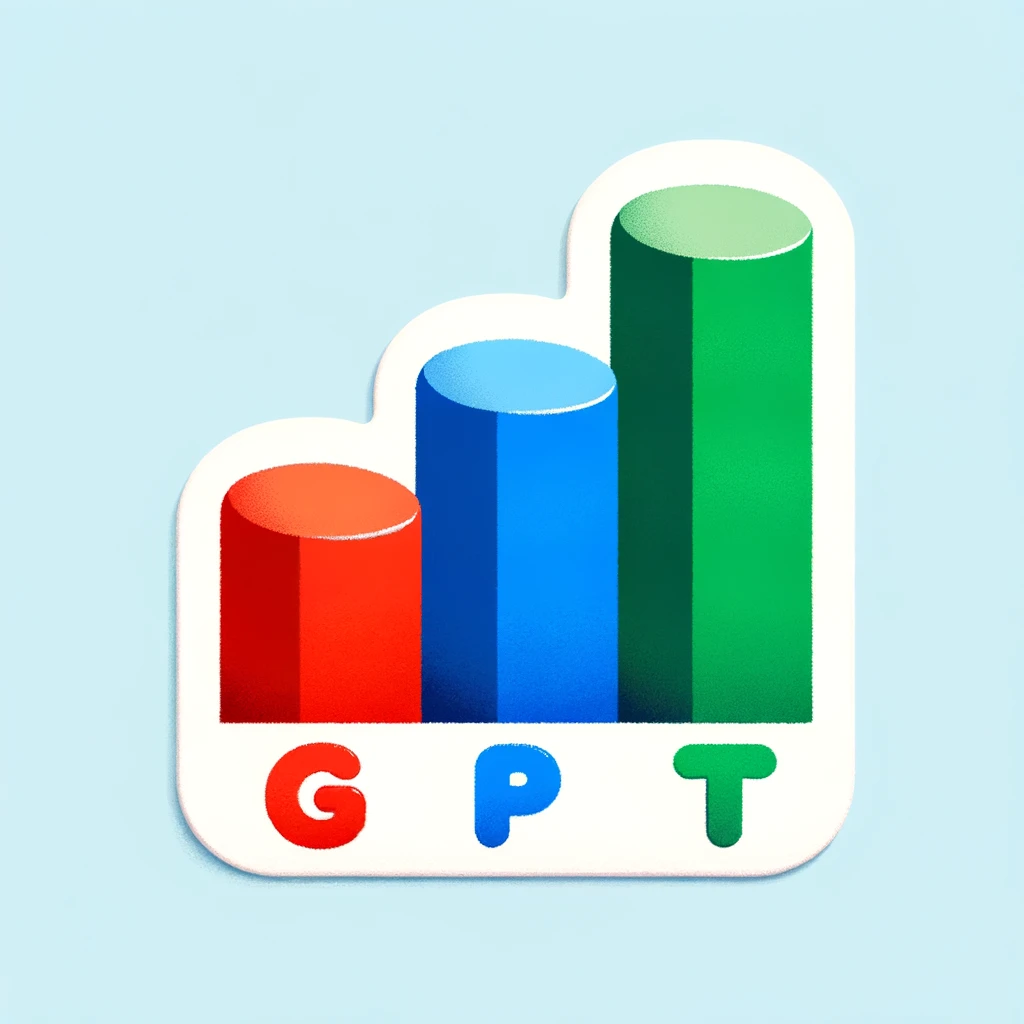Chief Financial Officer-AI-powered financial insights
AI-driven Financial Strategy and Management
How do I create a balanced budget?
Can you explain cash flow management?
What are the key financial ratios to consider?
How does corporate taxation work?
Related Tools
Load MoreFinancial Analyst
Virtual financial expert providing in-depth stock analysis, combining insights from top financial certifications with real-time market data to offer comprehensive investment assessments. Not an investment advice, DYODD.

Corporate Finance GPT
Specialist in corporate finance, offering strategic insights and best practices.

Your CFO
Your virtual Chief Financial Officer 💼 Created for founders, CEOs, and entrepreneurs ℹ️ Your conversation is not visible to Ryan Carson.

Financial Management Mentor
A thorough mentor in financial management, blending theory with practical examples.

Financial Analyst
Expert in financial markets, strategies, and analysis. "A senior financial analyst with 20 years of experience, specializing in financial auditing, valuation, and investment analysis."

Rosie the RoboCFO
A seasoned CFO with vast experience across industries and financial roles.
20.0 / 5 (200 votes)
Introduction to the Chief Financial Officer Role
The Chief Financial Officer (CFO) is a key executive responsible for managing the financial actions of an organization. This role encompasses overseeing financial planning, risk management, record-keeping, and financial reporting. The CFO's primary responsibility is to ensure the financial stability and integrity of the company. This includes managing the company’s financial risks, developing financial strategies, and ensuring compliance with regulatory requirements. For example, in a scenario where a company is preparing to go public, the CFO would lead the process of auditing financial statements, ensuring accurate disclosure to potential investors, and developing strategies to maximize shareholder value.

Core Functions of the Chief Financial Officer
Financial Planning and Analysis (FP&A)
Example
A CFO conducts detailed financial forecasting and budgeting to guide a company’s long-term strategy.
Scenario
In a tech startup aiming to expand its operations, the CFO would develop financial models to project revenues, expenses, and profitability over the next five years. These projections help the company determine how much capital it needs to raise and when to scale operations.
Risk Management
Example
CFOs identify, assess, and manage financial risks to protect the company’s assets.
Scenario
In a multinational corporation facing currency risk due to operations in multiple countries, the CFO might implement hedging strategies to mitigate potential losses from exchange rate fluctuations.
Financial Reporting and Compliance
Example
The CFO ensures accurate financial reporting and adherence to regulatory standards.
Scenario
When a publicly traded company needs to comply with the Sarbanes-Oxley Act, the CFO oversees the implementation of robust internal controls and ensures accurate quarterly and annual financial disclosures to the Securities and Exchange Commission (SEC).
Ideal Users of Chief Financial Officer Services
Large Corporations
Large corporations benefit from CFO services due to the complexity and scale of their financial operations. CFOs in these organizations manage extensive financial portfolios, oversee large-scale budgeting processes, and navigate complex regulatory environments. For instance, a Fortune 500 company with global operations would rely on a CFO to manage cross-border financial activities, optimize tax strategies, and ensure compliance with international accounting standards.
Growing Startups and SMEs
Startups and small to medium-sized enterprises (SMEs) often require CFO services as they scale their operations and seek investment. These companies benefit from CFO expertise in financial planning, fundraising, and establishing financial controls. A tech startup preparing for a Series B funding round would engage a CFO to create financial forecasts, present financial health to potential investors, and develop a capital allocation strategy to support growth.

How to Use the Chief Financial Officer GPT
Visit aichatonline.org for a free trial without login, no need for ChatGPT Plus.
Begin by accessing the platform where the Chief Financial Officer GPT is hosted. You do not need to sign up for ChatGPT Plus or any other paid service; simply visit the site to start a free trial.
Understand Your Financial Needs
Identify the specific financial queries or tasks you need assistance with, such as forecasting, financial strategy, risk management, or investment analysis. This will help you use the tool effectively.
Interact Clearly and Specifically
Provide clear, detailed instructions or questions to the GPT. The more specific your query, the better the guidance and insights the GPT can provide, whether it's related to financial reports, strategic planning, or budgeting.
Review and Analyze the Output
Carefully examine the information and advice provided by the GPT. Cross-checking this with your existing financial data or strategies can ensure accuracy and relevance.
Implement Insights and Seek Further Clarification if Needed
Use the provided financial insights to inform your decision-making. If needed, ask follow-up questions to refine the advice and ensure it aligns with your company's financial goals.
Try other advanced and practical GPTs
Chief Marketing Officer
Empowering Marketing with AI Insights

Business Cooperation Agreement Draft Expert
AI-powered contract drafting for business collaborations.

General Service Agreement Drafting Master
AI-powered contract drafting for all your service needs.

Universal Poetic Painter
AI-powered tool for visualizing poetry.

Code Analyst
AI-Powered Code Analysis Simplified

GPTChart
Transform Data into Insightful Charts with AI

GPT-Ultra
Your AI companion for limitless innovation

OpenIA Simulator
Build and grow your AI empire.

English Learner's Companion
AI-powered dictionary for English learners

Vorstellungsgespräch Simulator Bewerbung Training
AI-powered Interview Practice for Job Success

Resume Copilot
Enhance Your Resume with AI Precision

Build Resume
AI-powered resume creation & optimization.

- Risk Management
- Financial Analysis
- Investment Strategy
- Forecasting
- Budget Planning
Chief Financial Officer GPT Q&A
What can the Chief Financial Officer GPT help me with?
The Chief Financial Officer GPT assists with a range of financial management tasks, including financial forecasting, risk analysis, budget planning, investment strategy, and financial reporting. It provides expert advice tailored to your business needs.
How accurate are the financial insights provided by the GPT?
The GPT leverages advanced data analysis and financial principles to offer accurate insights. However, it is advisable to use these insights in conjunction with your own financial data and professional judgment to ensure the best outcomes.
Can the Chief Financial Officer GPT handle industry-specific financial queries?
Yes, the GPT is equipped to handle financial queries across various industries by adapting its advice to the specific challenges and regulations of different sectors, whether in technology, manufacturing, services, or other fields.
What level of financial detail should I provide when asking questions?
For optimal results, provide as much detail as possible about your financial situation, including specific numbers, timeframes, and objectives. This enables the GPT to give more precise and actionable advice.
Is the Chief Financial Officer GPT a replacement for a human CFO?
While the GPT offers valuable financial insights and supports decision-making, it is not a substitute for a human CFO. It is best used as a complementary tool to enhance the strategic capabilities of your financial team.